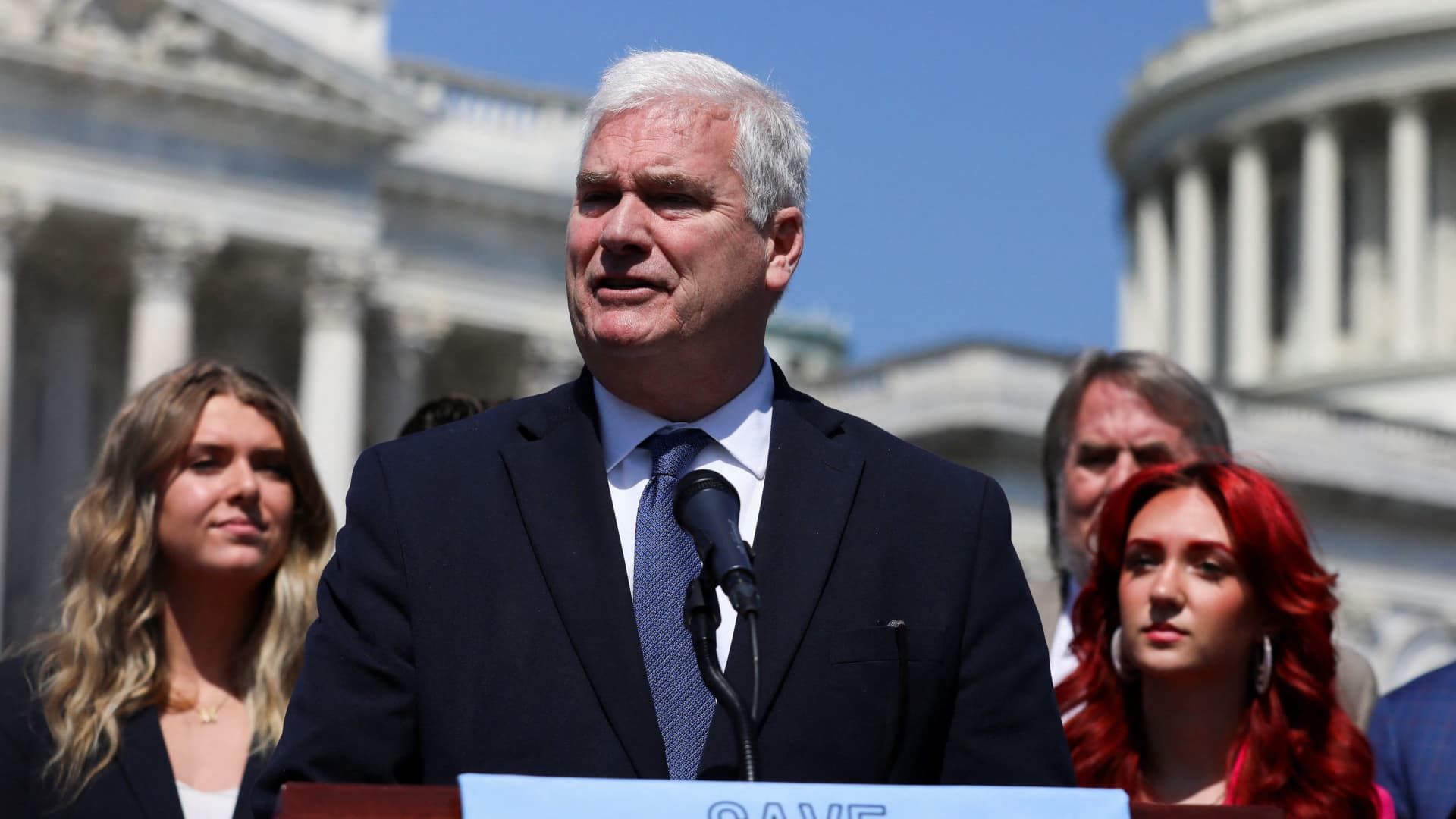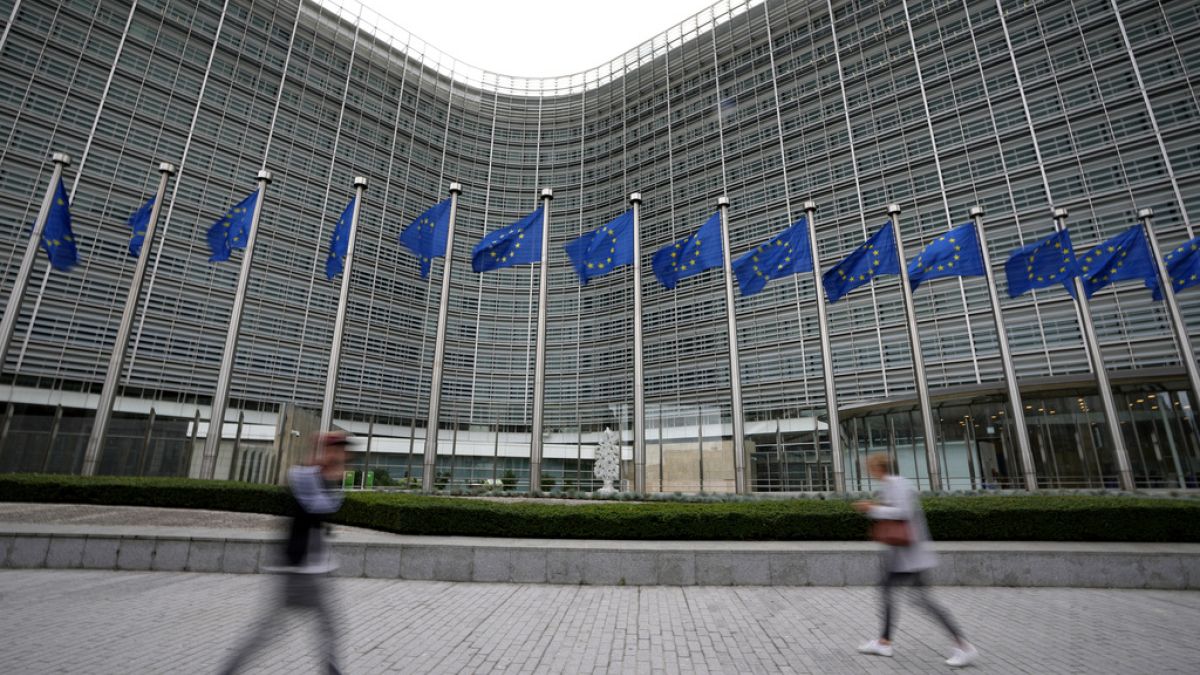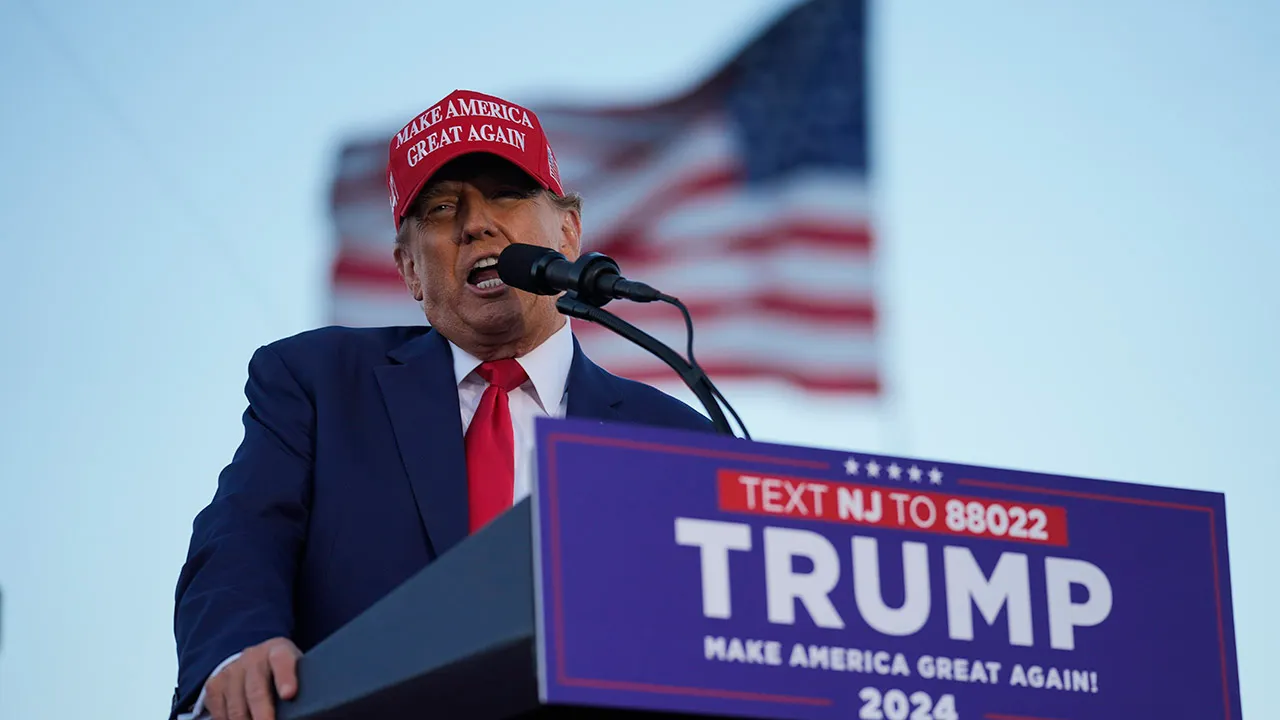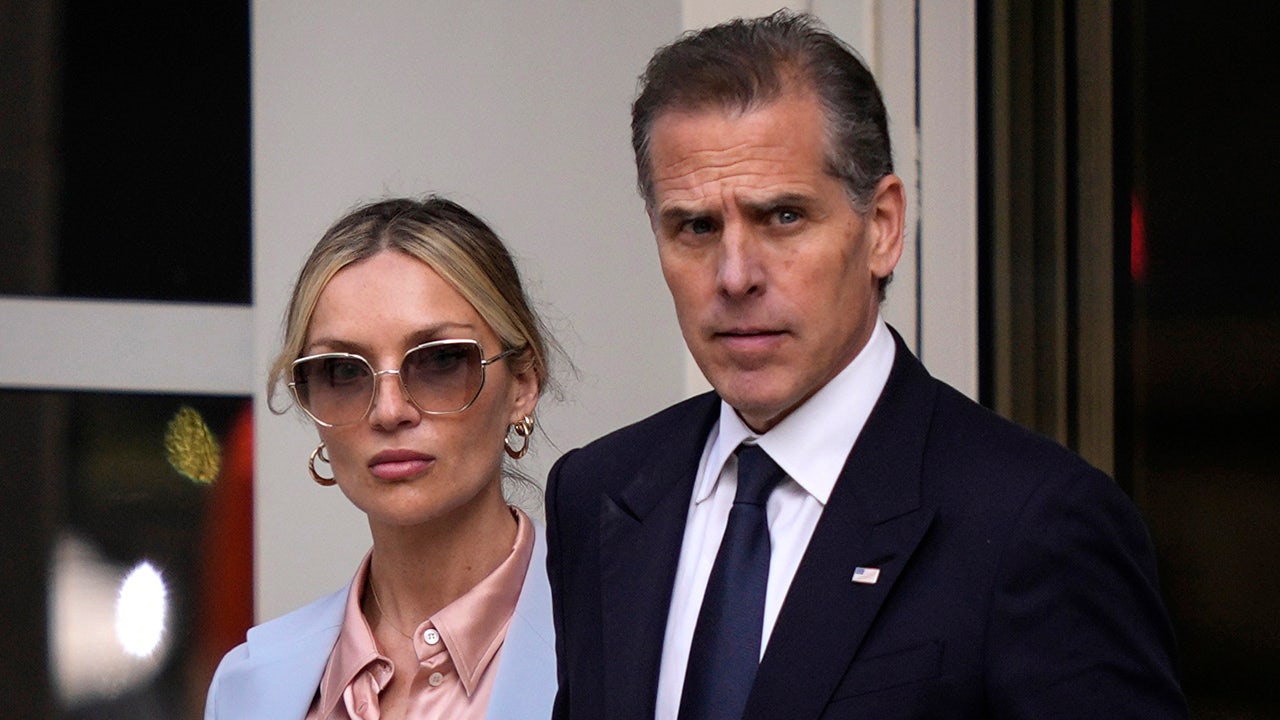President Emmanuel Macron’s centrist alliance could be facing a wipeout in snap parliamentary elections after France’s leftwing parties struck a unity pact.
New projections suggested only around 40 of Macron’s MPs would qualify for the second round vote on July 7, in run-off races that would predominantly be fought between candidates fielded by the far right or the leftwing bloc for the 589-strong assembly, according to two studies for Le Figaro and BFM TV.
The findings suggest Macron’s gamble to dissolve parliament and hold early elections in the hope of stopping the rise of the far-right Rassemblement National party could backfire badly.
They also underscore how the outcome of the two-round vote on June 30 and July 7 could be determined by the left.
Four normally fractious left-wing parties on Thursday night struck a deal to run as an alliance, with an agreement on candidates and a joint programme. It was endorsed by former president François Hollande, a socialist.
The accord did not specify who would be their candidate for prime minister. Jean-Luc Mélenchon, leader of the far-left France Insoumise (France Unbowed, LFI) party and a deeply polarising figure in French politics, hinted earlier on Thursday that he wanted to the job.
LFI secured the largest proportion of candidates on the joint list with the centre-left, Socialists, Greens, and Communists.
If the left parties had ran multiple candidates for each seat, Macron’s centrist alliance would have had better chances of piercing through to the second round. To qualify for a run-off, a candidate needs to have won the backing of 12.5 per cent of registered voters.
By extrapolating results from last week’s European parliamentary election to the upcoming first round in the French legislative poll, RN would come first in 362 seats and the left would come top in 211, according to Le Figaro’s calculations.
Some analysts cautioned against extrapolating from European parliament elections, which take place in a single round according to proportional representation. They often have low turnout and are used as a protest vote against the government.
Mathieu Gallard, a pollster at Ipsos, said predicting seat share at this stage was “just a matter of intuition”. Candidates have not yet been selected and incumbent MPs often command considerable local loyalty. Margins of error for voting intentions across two rounds, the close contests in many constituencies and doubts over turnout made the “outcome highly uncertain at this stage”.
Still, the forecasts add to a series of gloomy surveys for Macron’s camp this week, suggesting they could lose at least half of their 250 seats in the assembly.
Asked about the difficult poll numbers, an adviser to Macron’s alliance said: “There is a narrow path forward, and we’ll see how dynamics shift in the coming days. It is hard but not impossible.”
An Elabe poll for BFM and La Tribune Dimanche put the RN on 31 per cent (with 4 for the rival far-right party Reconquête), the leftwing alliance on 28 per cent, Macron’s centrist alliance on 18 per cent and the centre-right Les Républicains on 6.5 per cent.
The adviser said the 18 per cent for Macron’s alliance suggested it had new momentum after Sunday’s European vote, when it scored 15 per cent. The adviser pointed to polling showing that almost two-thirds of the French public supported Macron’s decision to dissolve parliament.
Elabe projects the RN winning between 220 and 270 seats, the left 150-190 and Macron’s alliance 90-130. The centre right would take 30-40.
The opinion polls this week suggest the mostly likely scenario is a hung parliament, but if the RN wins by a big margin, it will have a claim on the office of prime minister and the right to form a government.

































